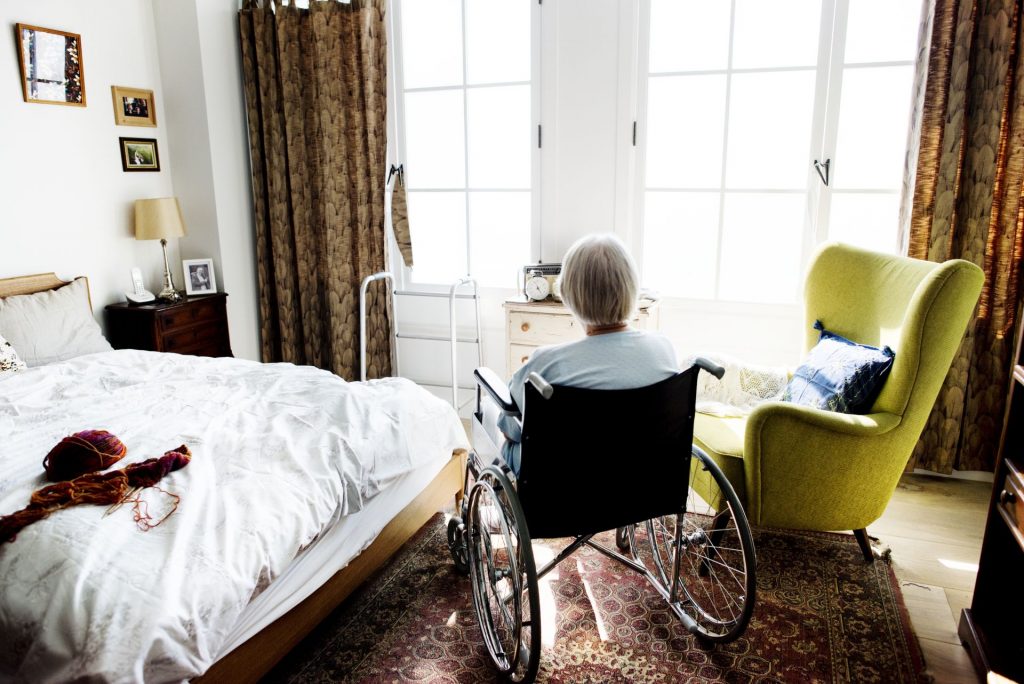A new study has found that an astounding 75% of the nation’s nursing homes fall short on registered nurse (RN) staffing, making residents more vulnerable to neglectful and potentially harmful situations such as medication errors.
According to McKnight’s Long Term Care News, researchers from Harvard and Vanderbilt medical schools examined payroll records from 15,399 skilled nursing facilities. The staffing gaps grew worse on weekends, which also showed significant decreases in hours for LPNs and nurse aide too.
“Understaffing at nursing homes in general is hazardous, leaving residents more susceptible to falls and bedsores,” said John Dalli, a partner in the law firm Dalli & Marino, LLP.
“But if the number of registered nurses specifically is low, that opens up residents to even more dangers such as medication errors.”
How Do Medication Errors Occur in Nursing Homes?
Medications in nursing homes are generally administered during a “med pass,” which can take anywhere from 3 to 8 hours. A nursing home worker pushes a cart, which carries the drugs prepared for residents by an RN or physician. Each nursing home should have clearly defined, written procedures for their particular protocol concerning med passes.
Medication likely passes through many hands at a skilled nursing facility before it reaches your loved one, multiplying the possibility for errors that cause more harm or even death. Scenarios can include:
- The nurse or caretaker who is not trained properly on administering the medication
- The physician who prescribes the drug without considering potential negative reactions
- The pharmacist who make mistakes measuring or distributing the medicine
If you’re concerned about the treatment of a parent or elderly relative, you have the right to view and receive copies of their medical records. Authorized representatives of a resident will usually be established upon the resident’s entry into the nursing home.
Does a Nursing Home Have to Alert Me Before Changing a Loved One’s Medication?
In fact, nursing homes are legally obligated to alert the resident, a physician, and the legal representative or other family member if there’s a need to change or discontinue treatments. You’re also supposed to be notified of any accident requiring medical attention for a resident; significant changes in the resident’s physical, mental or psychosocial state; or the decision to transfer a resident to another facility.
“It’s important to immediately address any abrupt changes you see in your parent or loved one’s cognitive ability, mood or behavior,” said Dalli. “Ask to see their records. Talk to their nurses and physicians. Get answers before it escalates into a medical crisis for your loved one.”
Contact Dalli & Marino LLP
Dalli & Marino, LLP has been providing top-tier representation, and we have recovered millions of dollars, for families in cases of nursing home and other skilled care/elder care facility neglect and results of understaffing, in Suffolk and Nassau Counties (Long Island), Manhattan, Brooklyn, the Bronx, Queens, Staten Island, and Westchester County, since 1995.
Please contact our team to discuss your case, or with any questions, at 1-888-465-8790 [Toll-Free], or by completing the CASE EVALUATION Form on our Contact Page.



